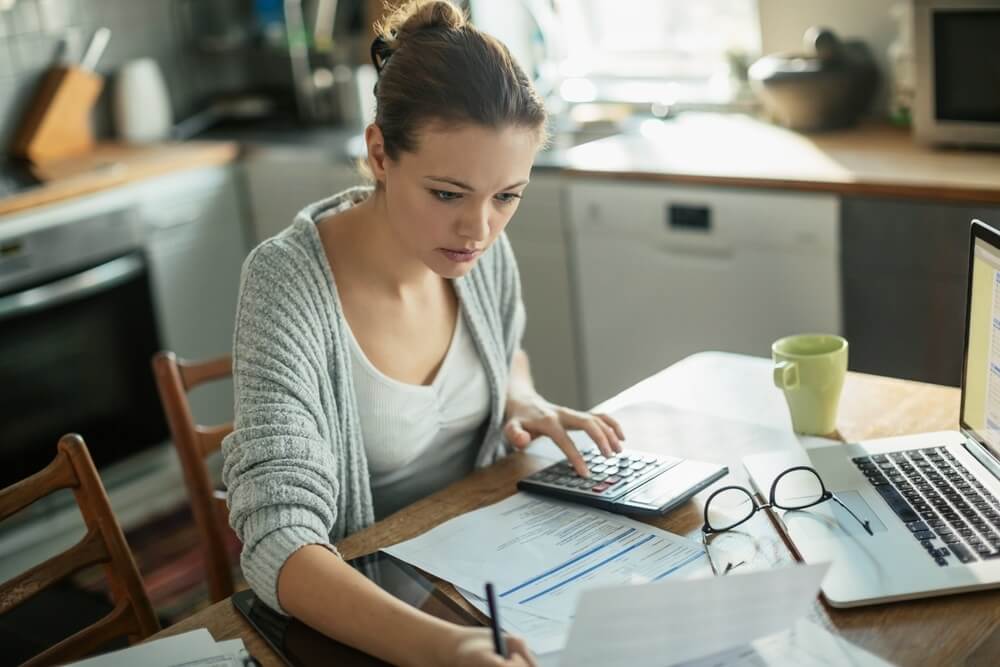How do you know if you would qualify for a mortgage for your dream home and the maximum amount you could borrow? Darren Polson helps a reader understand the sums
The Question
I am about to apply for a mortgage as I have seen a property I’d love to buy. It’s valued at £217,500 and needs a bit of work which I’ve estimated will be an extra £25,000 then there’s solicitor’s fees and moving costs. But how do I know if I can borrow this much?
I’m a teacher and I currently earn £32,000. I have a deposit of £12,000 saved up plus some money from my parents which is approximately £10,000. I have a ‘side hustle’ doing clothing alterations and have so far earned £5,000 in the last 18 months doing this. It’s not regular and I fit it in mainly in the school holidays.
I’ve used this to boost my deposit but, going forward, it will obviously be included as my income. How much can I borrow, and would I be stretching myself with this dream house…? (Crosses fingers)
Darren’s Answer
The first step in your journey is to speak to a mortgage broker who can guide you through the process and provide a Decision in Principle, which will let you know how much you can borrow.
There is a key point to keep in mind – mortgage lenders will only allow borrowing against the valuation of the property, which in your case would be £217,500.
There are many mortgages available but if we look at a 10% deposit, that would be £21,750, and a 5% deposit would be £10,875 based on the valuation provided. Any other costs are separate to this, such as the home improvements you have mentioned, solicitor fees, mortgage fees and so on.
Regarding your income, it is great that you have additional income to your main job. The key thing a lender will look for is evidence of this income and the sustainability moving forward. This will be reviewed when you come to apply for the mortgage.
In terms of affordability, all lenders are slightly different but generally follow similar principles by looking at a range of factors that form a picture of your overall financial situation. They will look at your total income, the property value and your deposit to ascertain whether this is affordable for you.
Lenders generally offer mortgages which amount to between three times your annual income to 5.5 times. This is based on many factors such as income and credit score.
Once your income is considered, lenders will then look at your outgoings to assess affordability, such as:
-
- Financial agreements (loans, credit cards, hire purchase and overdrafts)
- Property costs (such as utility bills and council tax)
- Work related expenses (car, fuel, insurance, phone and internet costs)
- General household expenditure (food, clothes, childcare and school fees)
When assessing affordability, the lender will ask for evidence of income as well as your commitments, for example:
-
- Proof of income, eg pay slips or tax returns
- Bank statements from all your accounts, but focused on where you pay your bills so we can see your expenditure
- Proof of deposit, such as a savings statement
Having all the documents as early in the process as possible will allow your adviser to provide accurate figures to the lender, which will help when completing the affordability check.
Remember, your broker is there to help. There is no such thing as a silly question, so if you are unsure of the process or next steps, just ask!
 Meet our expert…
Meet our expert…
Darren Polson is head of mortgage operations at Aberdein Considine. He has been writing a regular column for What Mortgage for over three years and every week he answers YOUR mortgage questions.
If you have a question for Darren please email kate.saines@emap.com or leave a message in the comments below.














